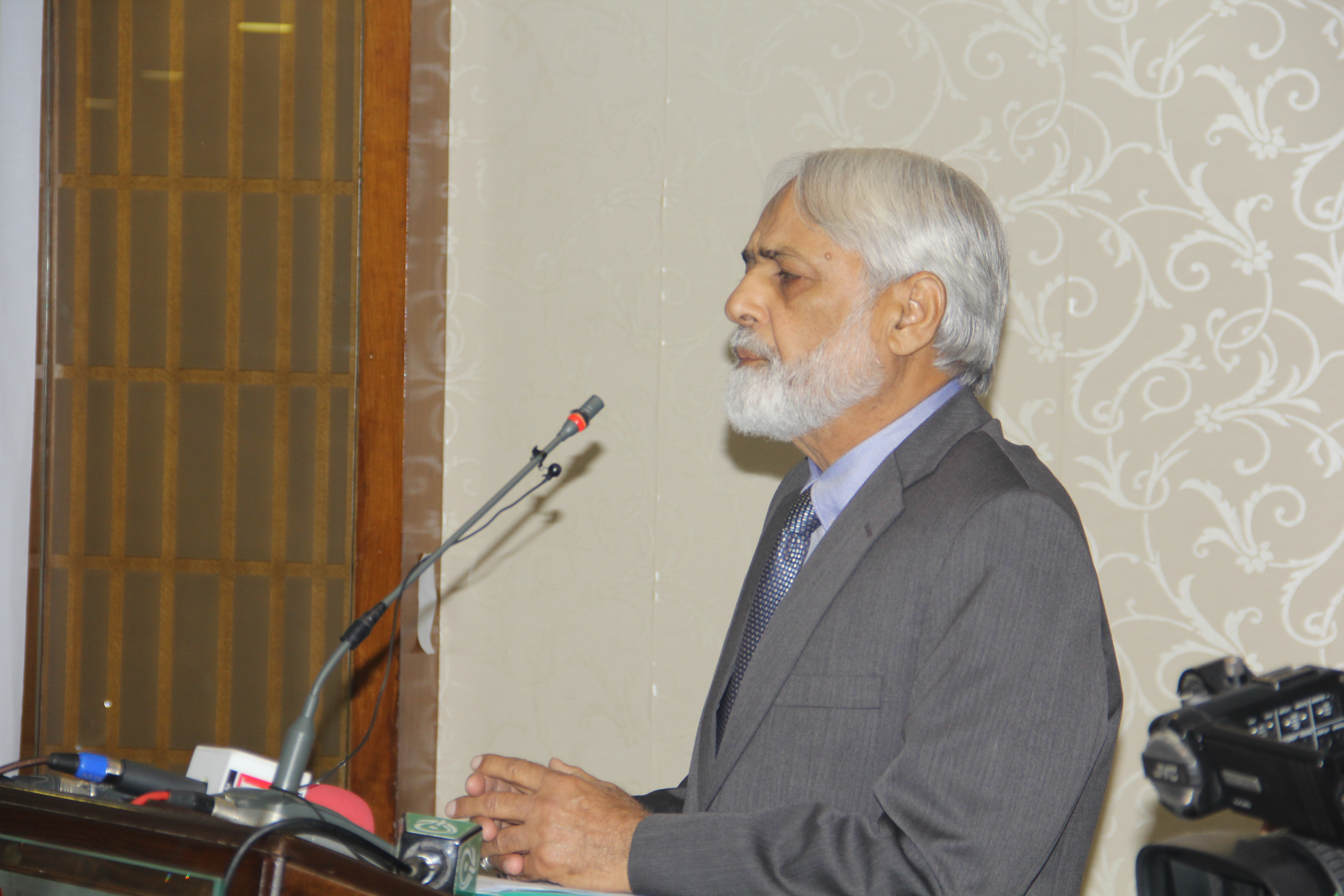Dear All
Assalam-o-Alaikum and a very warm welcome to another webinar by Islamabad Policy Institute on yet another extremely important development that would have far reaching implications for the region and beyond. It would in great extent define the unity of Ummah in foreseeable future and the prospects of Muslim countries taking a common position on issues of concern to them.
Today’s webinar has coincided with the signing of the agreements between Israel and United Arab Emirates and Bahrain.
I am particularly grateful to the speakers joining us from Palestine, Lebanon, Turkey, and Iran.
I would like to make few observations before the experts participating in today’s discussion can look at the issue threadbare.
It is well known that the development has not taken place all of a sudden. There were clear signals of such a thing happening since 2016. Therefore, it was a matter of time when the announcement was ultimately made. Even if you were to go as back as the start of this year, the two countries signing the normalization agreements with Israel today, I mean UAE and Bahrain plus the country that has welcomed these accords i.e. Oman, were together present at the White House on January 28 on the occasion of the unveiling of the so-called Deal of the Century.
The foremost consideration for the Arab countries in striking these deals is to promote their rulers in the eyes of the West as “responsible” and “anchors of stability”. They are also eyeing a new regional order in which they can foster greater cooperation with Israel against their common regional foe i.e. Iran. Of course there are economic considerations as well, but those are of secondary nature.
The major challenge that these Arab rulers are likely to face in materializing this normalization would be the legitimization of the erstwhile enemy i.e. Israel before their publics. They would have ideally wanted a sort of progress on Palestine dispute to have provided them a façade for normalizing, but that did not happen. The Deal of Century is now a dead document.
Therefore, the Arab rulers, at least in their calculations, have delinked Arab-Israeli normalization and progress on the Israeli-Palestinian track. The message from Arab capitals for the Palestinians fighting Israel is that their cause is no more central to them. The categorical rejection by 1967 Arab League Summit of peace, recognition, and negotiations with Israel till resolution of Palestine dispute of the has now been consigned to the dustbin of history.
The Arab states are now more pre-occupied with their and Israel’s common enemy and their internal pressures.
It is unclear how much the Arab states benefit from normalizing with Israel. The examples of Egypt and Jordan are before them. However, the main beneficiaries for now are President Trump, who is running for another term in White House, and Banjamin Netanyahu, who is facing corruption charges and allegations of mismanaging COVID-19 pandemic.
IPI welcomes Government of Pakistan’s resolve on not considering any suggestion for development of ties with Israel unless there is an establishment of a viable, independent and contiguous state of Palestine, on the basis of internationally agreed parameters, the pre-1967 borders, with Al-Quds Al-Sharif as its capital.
I would once again like to thank all of you for joining us today. I’m looking forward to an enlightened discussion today.































